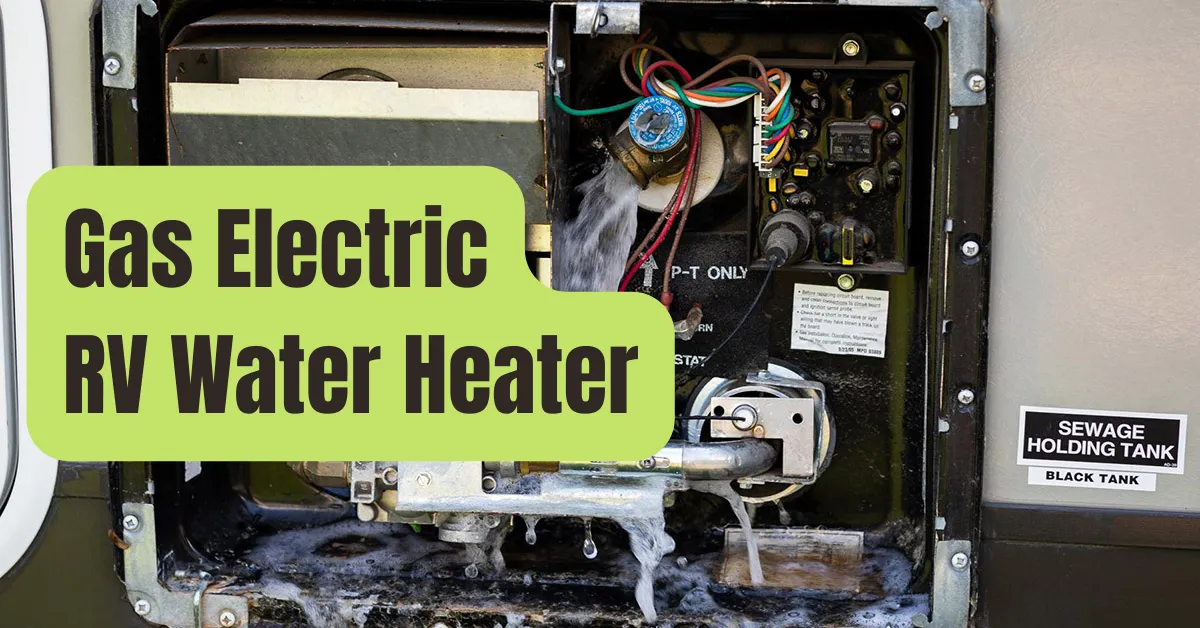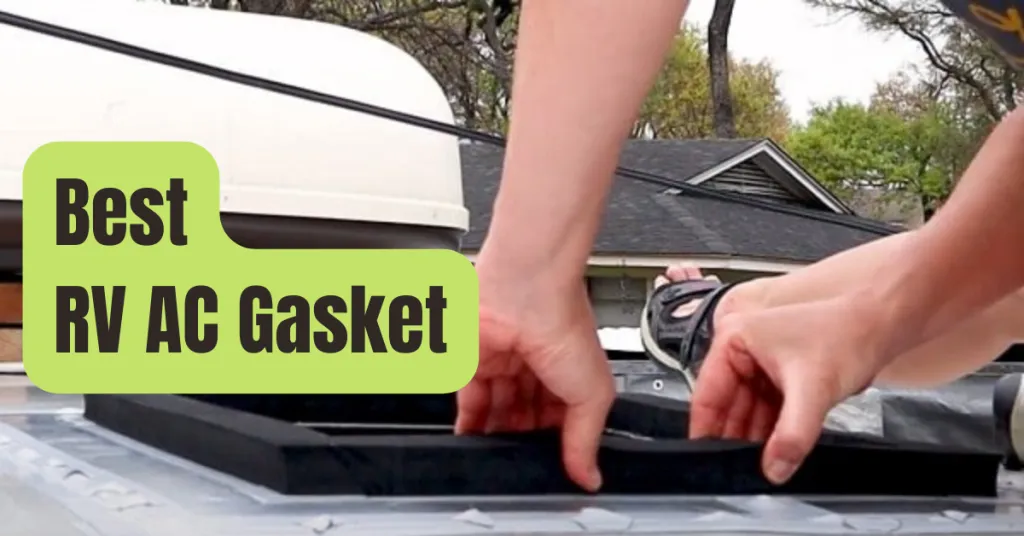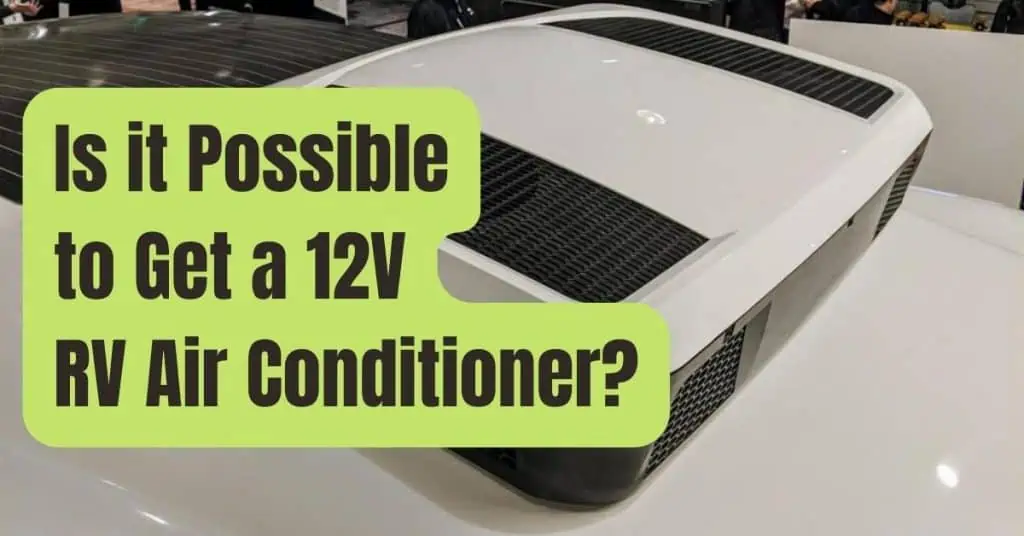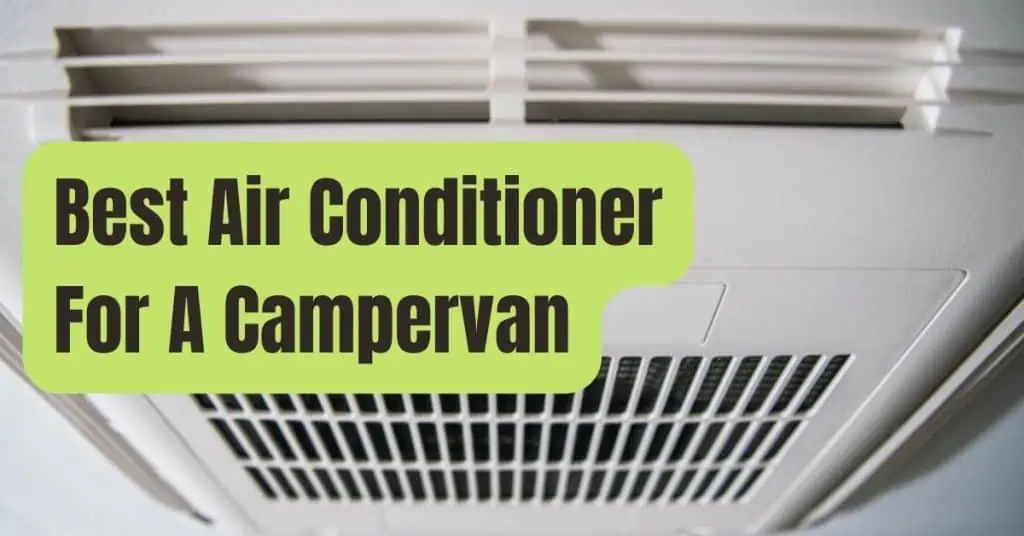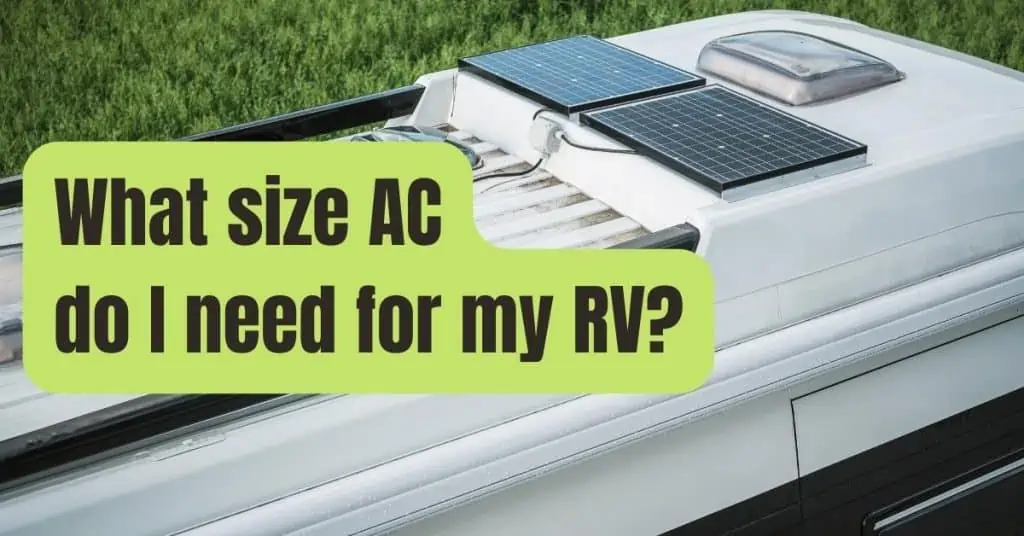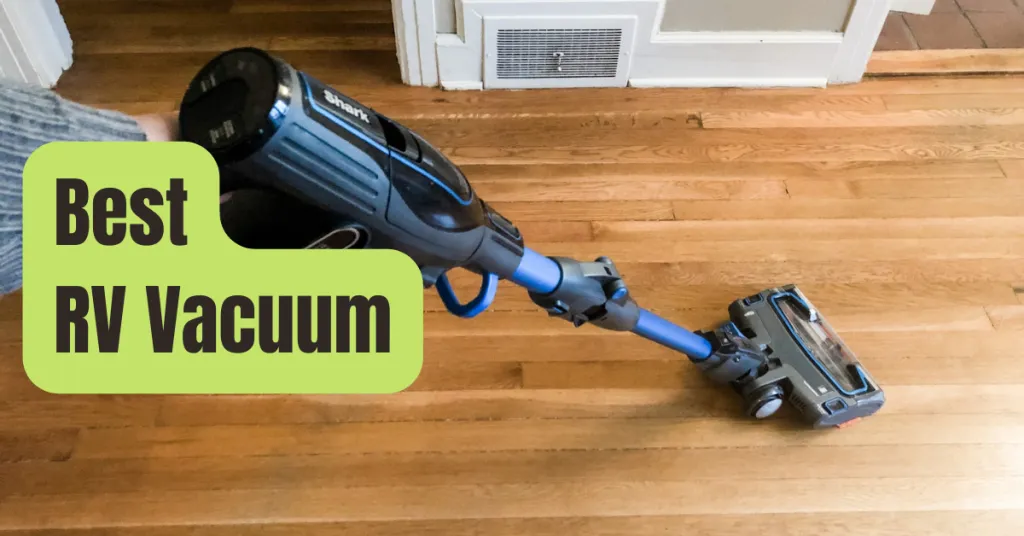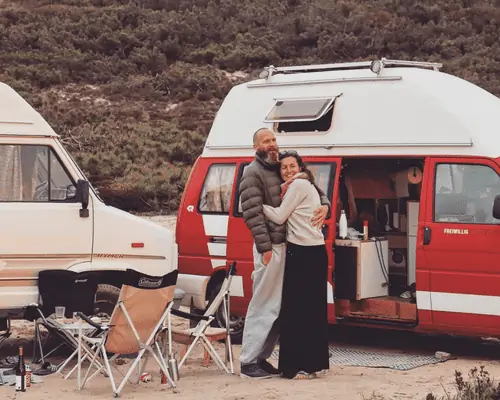The fact that you can always have hot water while you’re on the road in your RV is one of its incredible advantages.
Because it offers them creature conveniences they don’t want to leave at home, most RVers choose for this way of transportation.
One of them is often hot water since it makes traveling throughout the nation much more enjoyable.
Who doesn’t like a hot shower in the morning, after all? Additionally, hot water guarantees that you can adequately wash your dishes after every meal.
The majority of recreational trailers are equipped with hot water heaters, which makes getting access to hot water straightforward.
However, there are several options available if you want to update or replace your water heater.
Choosing between gas and electric is the key choice you must make.
Electric and gas RV water heaters each have their own unique features and advantages, but how do you know which is best for you?
In this article, we’ll compare the advantages and disadvantages of gas and electric RV water heaters and provide some advice on how to choose the right one for your vehicle.
RV Water Heater Operation
Compared to residential heaters, RV water heaters are substantially smaller.
Typically, a modest house’s water heater holds 40 to 50 gallons of water.
The typical capacity of an RV water heater is six to ten gallons.
The idea behind utilizing a water heater to heat water is the same whether it is powered by gas or electricity, however.
Using an RV water heater, there are two primary ways to heat water:
- Fuel: Fuel In order to manually start the pilot light on an RV heater, you need to use a long match or striker. Some include an automated ignition that you may use from inside your RV with only the flick of a switch.
- Electric: Electric water heaters typically need a 120-volt power supply, often known as shore power, or a generator in order to operate. Electric thermostats determine whether or not electricity is required to heat the electric element.
Some generators include separate or combined electric and gas modes that may be utilized to hasten the heating process.
Gas Water Heaters: Pros and Cons
When choosing between gas and electric, analyze the advantages and disadvantages of each before deciding.
For people who like traveling to more distant areas without access to electricity, water, or sewage, gas RV water heaters are perfect.
Even if you are not connected to shore power, you can take a hot shower thanks to liquid propane gas.
Additionally, gas heaters enable your water to warm up more quickly and to recover more quickly after each usage.
However, there are a few drawbacks to gas heaters.
You will use extra propane to heat the water to your preferred temperature.
The internal machinery still need 12-volt electricity to function, even if liquid propane is used to heat the water.
Additionally, your hot water supply runs out when your gas supplies do.
Electric Water Heaters: Pros and Cons
Using an electric water heater makes sense if you’re in a campsite with shore power.
It will not only save you the additional expenditures associated with liquid propane, but it is also quite easy to use.
Among their other benefits are the following:
- There is never a problem with the pilot light going out.
- You don’t have to turn the heater off when you’re not using it since the heating element cycles on and off as needed.
- Compared to gas heaters, electric electricity better maintains the temperature of the water.
However, there are a number of disadvantages to electric water heaters that you should be aware of.
Electricity is more rare than gas if you like boondocking and going places where shore power may not be accessible.
Electric water heaters are challenging to operate when power is scarce since they use a lot of energy.
Additionally, you should refrain from using your air conditioner and your water heater at the same time if possible.
If you use more than the typical shower power of 30 amps, you run the danger of blowing a fuse.
How to Pick an RV Water Heater
It’s time to choose between the two major approaches to warming your water now that you are aware of them.
Here are a few things to think about if you’re searching for a new RV water heater to assist you in the process:
- Water storage capacity: Most water heaters have a capacity of six to ten gallons. The 16-gallon heaters, which are really 10-gallon tanks, mix hot and cold water when the faucet is turned on, providing extra warm water. Additionally, there are more costly tankless RV water heaters that circulate cold water via a heating element as opposed to holding hot water.
- The system’s size: Not all water heaters are the same size. Check the size of the hole in your sidewall before you start buying. Make care to record the area’s height, breadth, and depth. Even if you wanted a larger tank for your RV, there may not be place for it.
- Protection against rust and corrosion: Water heaters’ deadliest enemies are rust and corrosion. Make sure your water heater is equipped with an anode rod or that the tank is encased with glass to protect it from these factors.
Knowing how to maintain your RV’s water heater can increase its lifespan and save your expenses significantly.
Drain your RV’s water heater tank whenever you are not using it.
Antifreeze may also be used to winterize the water lines.
The water heater in your RV is a crucial piece of equipment since you may take hot water for granted until it’s gone.
It will not only make all of your camping trips more comfortable, but it’s also a quick method to make your RV seem cozier.
You can save time and bother while you browse around if you are aware of the sort of water heater you want to install.

